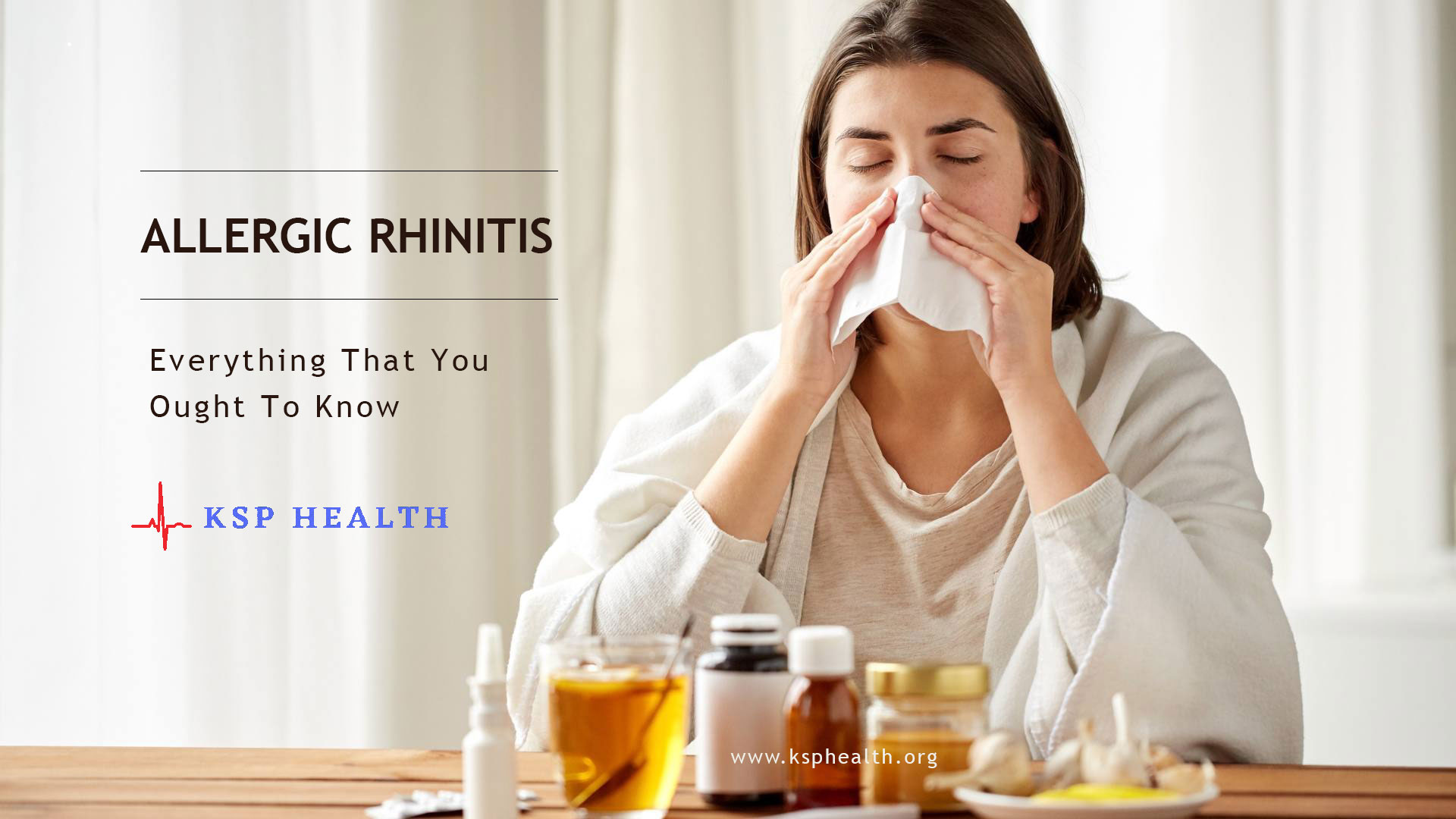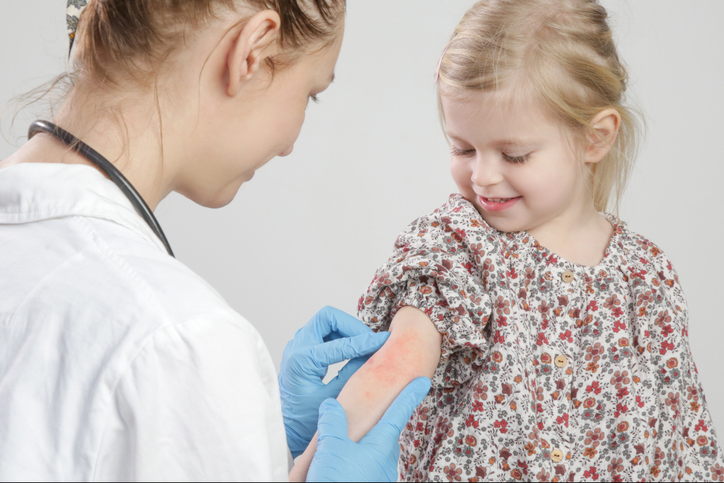ALLERGIC RHINITIS
Allergic Rhinitis is often referred to as Hay fever. It can cause a runny nose, sneezing, itchiness of the nose, eyes and throat. It may present seasonally in some individuals, or cause symptoms year-round for others.
ADHD – attention deficit hyperactivity disorder
Attention Deficit Hyperactivity Disorder (ADHD) is one of the most frequent neurodevelopmental disorders in childhood and adolescence. It is typically first diagnosed in childhood and often persists into adulthood. It is the most common cause seen by psychology and psychiatric
HOW TO HELP MY CHILD WITH ALLERGIES
For some children, spring time comes with sneezing, runny noses, sniffles, drainage and a cough. About 15% of our population is impacted by allergy symptoms like these, called Allergic Rhinitis. If allergy symptoms come on primarily in the spring or
Fever in children
Fever in a child is the one of most common clinical symptoms managed by pediatricians and frequently causes parental concern. Many parents give fever-reducing medications (antipyretics) to keep the temperature normal. Fever is a physiologic mechanism by which the body
What is ADHD?
Attention deficit/hyperactivity disorder (ADHD) is one of the most common neurobehavioral disorders of childhood. It can profoundly affect children’s academic achievement, well-being, and social interactions. ADHD occurs in approximately 7% to 8% of children and youth.







